Roseville City Council Approves Six Recreational Marijuana Facilities
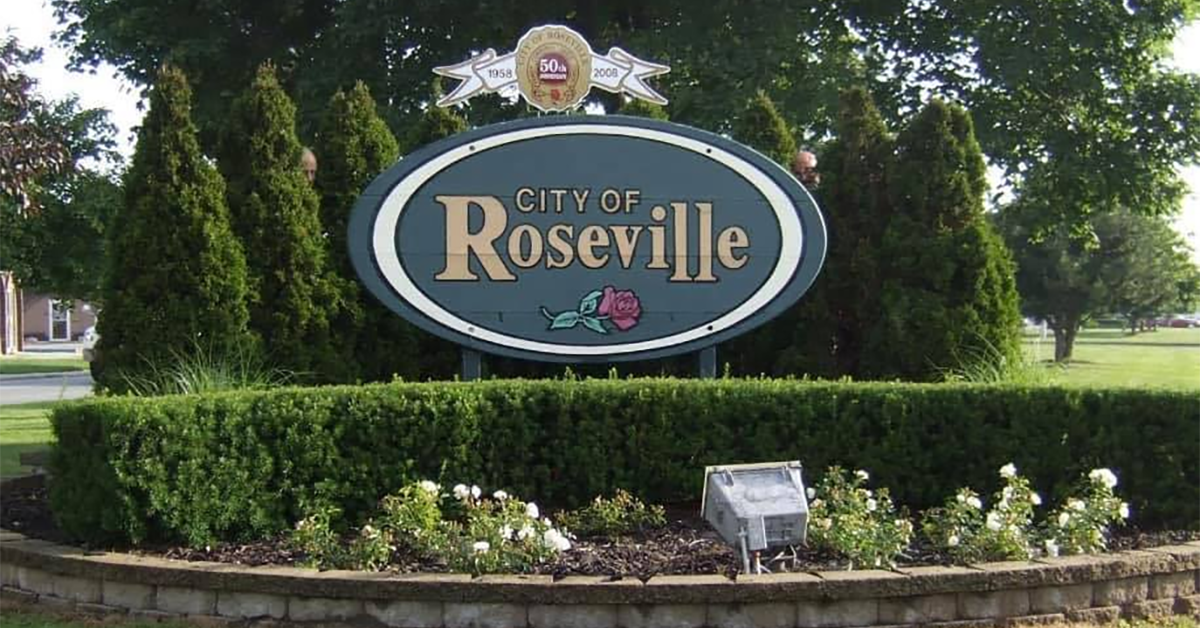
Following an extensive evaluation period, the Roseville City Council authorized licenses for six recreational marijuana facilities on Tuesday evening. The majority of these establishments are slated for the Groesbeck Highway industrial area.
Out of 47 applications, the selectees emerged after careful review by a five-person committee comprising department chiefs and community influencers. They considered numerous factors, such as site visits, legal feedback, and expert insights.
City Manager Ryan Monroe highlighted the vast volume of details each cannabis company furnished as a primary reason for the extended evaluation. "Some of the submissions were akin to multiple phone books in thickness," Monroe commented.
Recreational cannabis won Michigan voters' approval in 2018. The businesses granted the retail licenses are Blooming Rose, Jars, Canna Square, Vendco, Herbwealth, and FA Ventures. Notably, Canna Square will be located off Groesbeck, opting for Hayes Road near 12 Mile Road.
Initially set to endorse only five licenses, the Council extended this to six upon noticing tied final scores amongst contenders. Additionally, licenses were provided to six entities for cannabis processing and packaging, five for cultivation, and one for micro-business operations catering to smaller marijuana ventures and past caregivers.
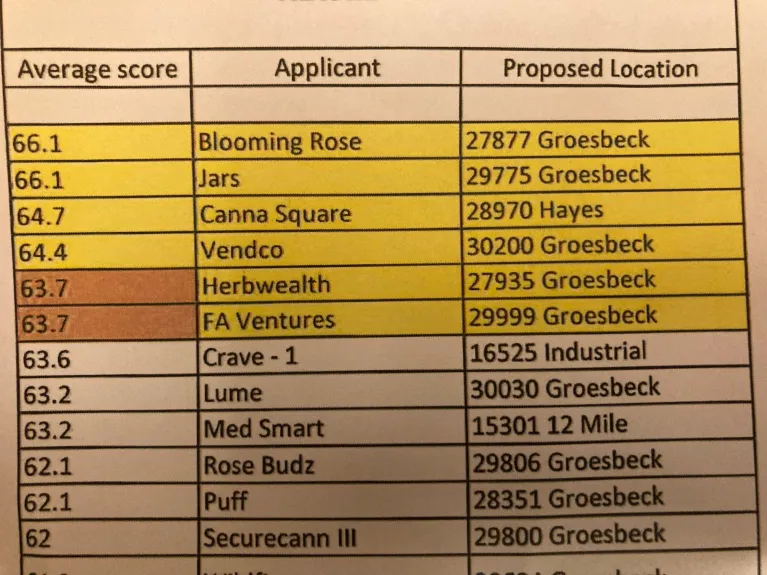
Rob Huth, attorney for Jars, endorsed the fairness of Roseville's process and emphasized that licensed companies are bound to honor their commitment to the community. "There's an expectation of community contributions. It's a mutual agreement that benefits both parties, and the courts have supported this reciprocity," stated Huth.
Mayor Robert Taylor, although historically against cannabis legalization, respects the democratic outcome. The city has implemented safety measures, such as maintaining a distance from educational and residential zones. Taylor envisions reviving some of Roseville's neglected structures with the incoming businesses, fostering a "win-win" scenario for the city.
However, with his background in law enforcement, the Mayor does voice concerns over potential burdens on city services and the added issue of driving under the influence. "My apprehensions stem from witnessing the impacts firsthand," Taylor noted, "It's crucial we remain vigilant and ensure the safety of our community."
Penn Township Residents Voice Concerns Over Cannabis Farms
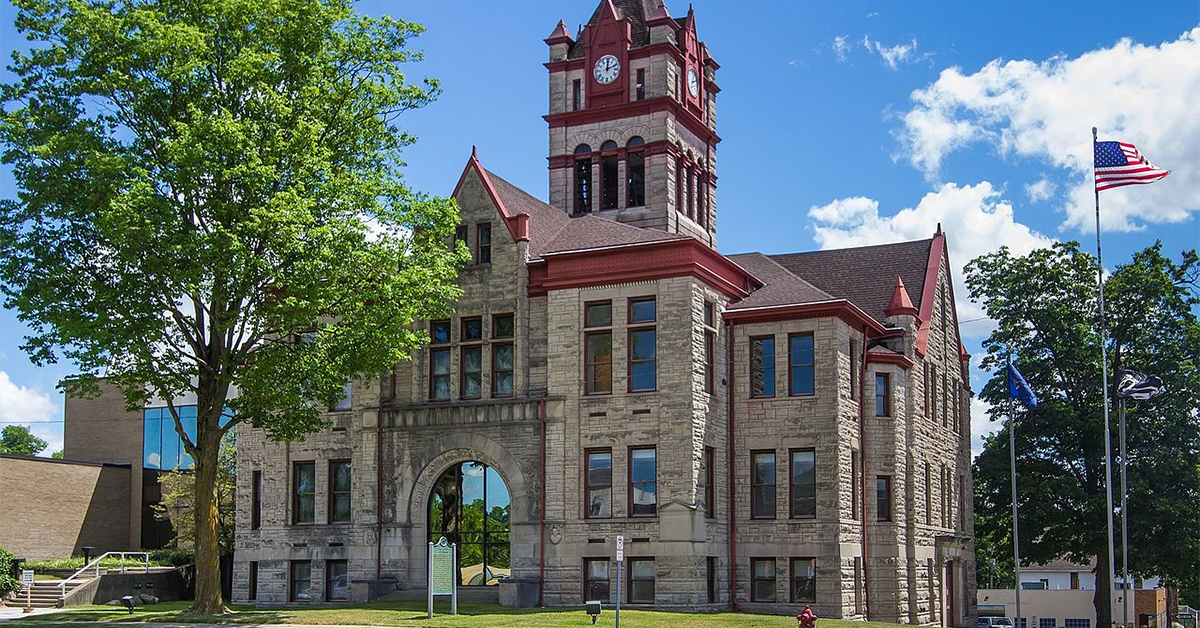
During a Planning Board meeting, concerns of local residents intensified as recreational marijuana growers establish operations in the township.
Residents raised various apprehensions, primarily about the odor, health implications, and potential property value decline due to marijuana cultivation. The Cass County meeting saw escalating tensions since recreational marijuana cultivation was permitted in Penn Township. Many residents have been outspoken about their reservations.
From the onset, the relationship between the growers and the community has been strained. Mike Biesboer of 'Friends of Penn Township' stated, "The overwhelming odor reminiscent of a skunk is the primary concern. It affects health and, recently, concerns about crop dusters have emerged as a safety issue. These are the matters we are anxious about."
In response to the growing concerns, the community initiated the 'Friends of Penn Township' to safeguard the township's quality of life. They have been consistently attending the board meetings for several months, urging the township board to act on their concerns.
Mike Biesboer expressed the community's frustration, saying, "It's been 12 months, and it feels like the board hasn't listened to us. Not once have they voted in favor of the residents on marijuana-related matters."
While the Planning Board aims to pass an amendment on medical marijuana with restrictions similar to recreational policies, 'Friends of Penn Township' does not support it. They conveyed that they feel unheard, leaving them with a single course of action. Biesboer emphasizes, "We'll continue to attend meetings, urge residents to participate, and persistently request change."
The subsequent Penn Township board meeting is scheduled for October 9th.
Niles Greenlights Two Businesses for Microbusiness Class A Licenses
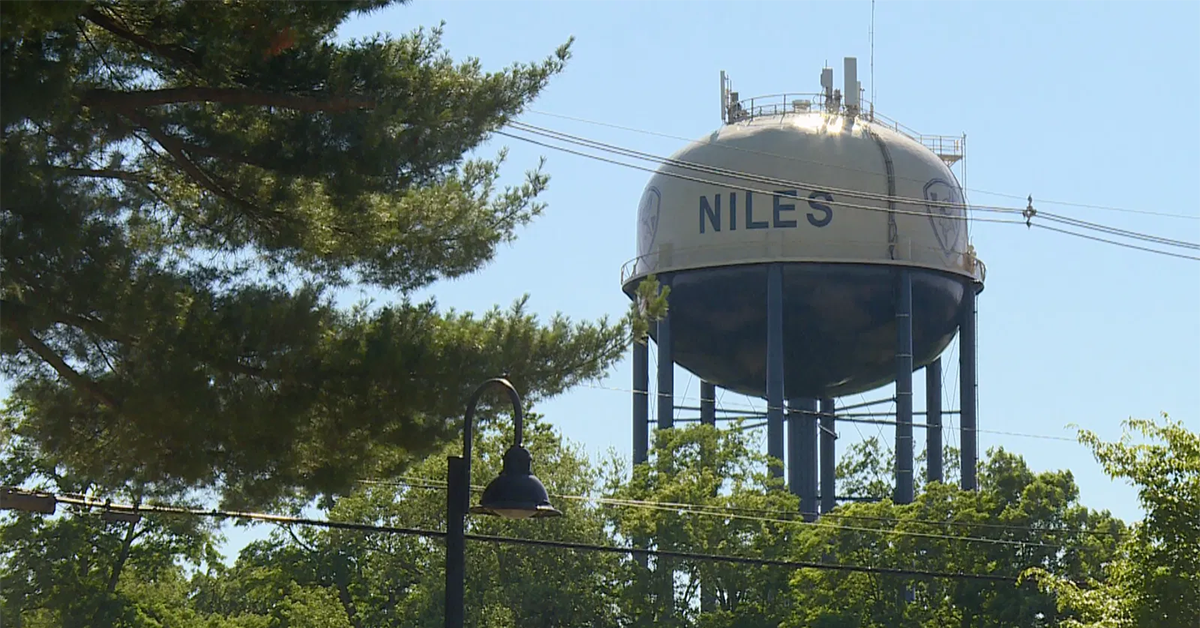
In the ever-evolving landscape of Michigan's marijuana industry, Niles is taking significant strides forward. At Monday's Niles City Council meeting held at the City of Niles Fire Department, two businesses, BS Ironwood, LLC and Native Michigan Remedies (NMR), secured approvals for Microbusiness Class A Licenses.
Class A microbusinesses, distinct from standard licenses, permit the cultivation of up to 300 in-house plants. They can buy and sell mature plants, edibles, and other products from licensed dealers. However, they cannot process plants into oils, extracts, or infused cannabis products.
BS Ironwood, LLC Gears Up for Niles Expansion
BS Ironwood has its sights set on a facility at 1641 E. Main St., formerly an automotive business. The firm is set to inject almost $1 million for the acquisition and revamp of this property. This initiative is backed by the company's robust capital reserves, ensuring a seamless transition.
Though Niles hasn't collaborated with BS Ironwood previously, the company has reassured the city of its adherence to all marijuana-related regulations. This expansion also brings with it the promise of roughly 20 new jobs for the locals. Amar Warraich, the sole member-manager of BS Ironwood, is no novice in this sector, having displayed significant expertise across nine Michigan municipalities.
Native Michigan Remedies: Growing and Giving Back
Located at 2112 Industrial Dr., NMR is no stranger to Niles, already holding grower and processor licenses. The company has a flawless track record, having cleared all inspections and settled all associated fees. With an existing investment of $3 million, owners Bill Haas and Brian Crespo are pledging an additional $100,000 for facility enhancements. They believe the Microbusiness Class A license will further solidify their presence in Niles.
Beyond business, Crespo and Haas are also making community inroads. Crespo founded Niles Neighbors, an initiative aimed at aiding the elderly and disabled in home beautification. Their community involvement extends to collaborations like a turkey and toy giveaway during the festive season with Primitiv, as well as active participation in City Council discussions.
Sylvan Township Contemplates Marijuana Retail Sale

The September 5th Board of Trustees meeting in Sylvan Township's meeting room was filled to near capacity. Many attendees sought to share their perspectives on the potential commercial retail sale of marijuana within the township.
While roughly 40 residents participated, their views might not encapsulate the opinions of the entire township, which boasts a population of over 3,000. Notably, a significant portion of the attendees opposed the introduction of marijuana businesses in the township.
Although Michigan permits the commercial sale of recreational marijuana, the township retains the right to decide on the establishment of such facilities within its limits.
No decisions regarding marijuana were made during the meeting. Instead, the topic was postponed, allowing the board another opportunity to consult the township's attorney about the state's current stance on marijuana. This discussion aims to understand the potential implications and benefits associated with various marijuana operations, be it retail, testing, or cultivation.
The meeting's agenda classified the topic as a discussion item. Key points of consideration included potential benefits to the township, overseeing responsibilities, and specific aspects the township might evaluate.
Mike Van Goor, a resident, voiced his opposition, questioning the necessity of dispensaries within the township when nearby areas like Ann Arbor, Jackson, and Adrian already have them. He referenced Chelsea city and Lima Township's stance against dispensaries, urging Sylvan to align with its neighbors.
The SRSLY coalition, represented by Reiley Curran, Chrissie Kremzier, and Kate Yocum, presented a "Marijuana Fact Sheet" highlighting potential adverse effects on the youth if dispensaries are allowed in the township. Among their points was research suggesting increased marijuana use among youth attending schools near dispensaries and potential links between marijuana use and mental health issues.
The public's concerns primarily revolved around increased accessibility to marijuana and its potential impact on the well-being of local youth.
Following public commentary, a motion was proposed by Board trustee Kurt Koseck to eliminate further marijuana discussions. However, the motion failed with a 2-3 vote. Trustee Sandie Schulze emphasized the need for continuous dialogue and exploration of other marijuana operations like cultivation facilities.
Rod Branham noted ongoing discussions about marijuana and highlighted that just over 50% of township voters supported its legalization.
When it came to tabling the marijuana issue, the board voted 4 to 1, with township clerk Amanda Nimke opposing.
In a follow-up, Nimke expressed her belief that the Board possessed enough information to make a decision on marijuana. She detailed past efforts to gather relevant data and underscored the community's clear stance against marijuana businesses.
Nimke highlighted that during a January 11, 2022 meeting, the topic had been sidelined, and priorities in Sylvan Township remained unchanged. She also indicated that the Board should address more pressing issues that directly benefit the residents.
Supervisor Kennedy acknowledged residents' apprehensions, emphasizing the Board's aim to stay well-informed before making decisions. Kennedy encouraged residents to reach out and share their concerns to ensure transparent and open communication.
Michigan Eases Cannabis Screening for State Jobs
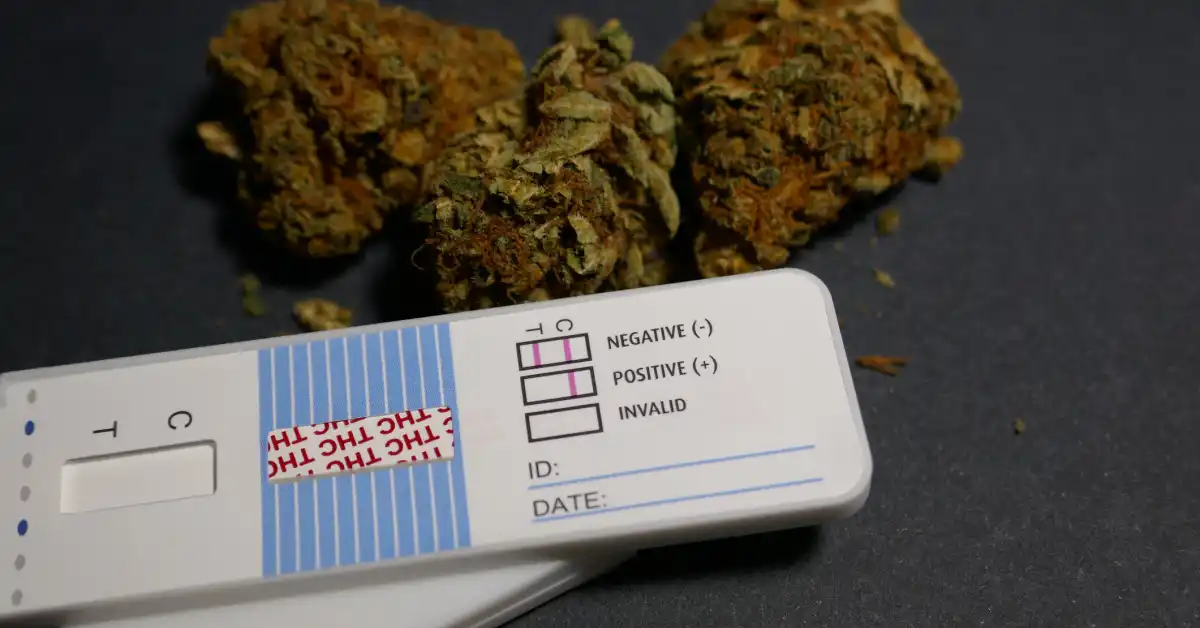
Michigan has updated its employment policies concerning cannabis use. Now, most state job applicants will not undergo cannabis screening tests, aligning the state's stance on cannabis with that of alcohol.
The Michigan Civil Service Commission unanimously endorsed these modifications, which have since been implemented. Before this, a positive cannabis test would exclude applicants from state jobs for a minimum of three years. Such individuals can now apply without delay.
Commission Chair Jose Bolger clarified after the vote, "While cannabis won't be screened during the hiring process, it's imperative that employees remain sober from both alcohol and marijuana during working hours. Tests may ensue if an employee is suspected to be under the influence."
Still, some state roles – those involving driving, law enforcement, or healthcare services – necessitate cannabis screening. Hence, state jobs are now classified as either test-designated or non-designated.
Paul Armentano, NORML's deputy director, who submitted written testimony to the commission, lauded this adjustment. "Urine tests for detecting past cannabis use are invasive, discriminatory, and don't ensure a safer workplace. Such tests don't pinpoint those currently under the influence," he remarked.
Michigan joins a growing list of U.S. jurisdictions enhancing workplace safeguards for cannabis users. Nevada and Washington, along with cities like Atlanta, Baltimore, Kansas City, Philadelphia, and St. Louis, have curbed pre-employment cannabis testing. Meanwhile, California, Connecticut, Washington DC, Montana, New Jersey, New York, and Rhode Island have limited marijuana testing for both current and prospective employees.
Ann Arbor Approves Extended Hours for Marijuana Dispensaries Until Midnight

In a unanimous decision on Tuesday night, September 5th, the City Council approved the elongation of hours for the city's cannabis retailers. The revised ordinance permits these establishments to operate an additional three hours, shifting their closing time from 9 p.m. to midnight, to cater to night-time clientele.
This change came with minimal debate. However, Council Member Lisa Disch, D-1st Ward, alluded to forthcoming modifications in marijuana business regulations. Among these are the introduction of a Class-A micro-business license, which will allow holders to cultivate up to 300 cannabis plants – a significant increase from the existing limit – and to procure marijuana-infused products from processors.
The extended operating hours have garnered attention from marijuana business proprietors. A memo to the council from city staff highlighted that, following consultations with the Ann Arbor Police Department, the recommendation was made in favor of these extended hours for sales.
In the wake of adopting the city's cannabis business guidelines a few years back, updates have been made periodically to support the burgeoning industry. As it stands, there are 23 operational marijuana retailers within Ann Arbor's confines.
Ahead of the ordinance amendment's preliminary approval in August, some council members sought clarifications from the city staff. Council Member Erica Briggs, D-5th Ward, raised concerns on behalf of residents living in proximity to dispensaries, emphasizing their reluctance towards increased late-night traffic. In response, the staff noted that one of the reasons for the extended hours was the current allowance of alcohol sales at bars until 2 a.m., whereas marijuana dispensaries had a much earlier curfew at 9 p.m.
On the safety front, while there were initial apprehensions about a 2 a.m. cutoff, mainly due to cash reserves at these dispensaries, a compromise of midnight was suggested as a probationary period. This aims to monitor any surge in crime rates during the extended hours. If this phase proves successful without any marked issues, there's potential for even later closing hours in the future.


 Helpful Links
Helpful Links